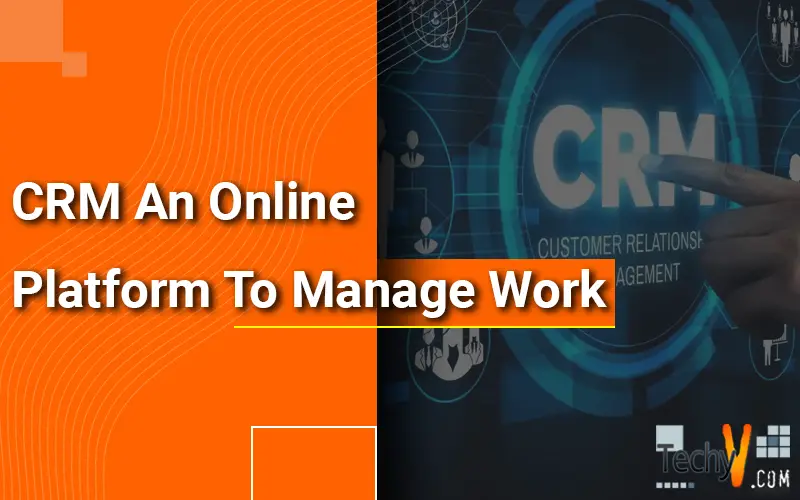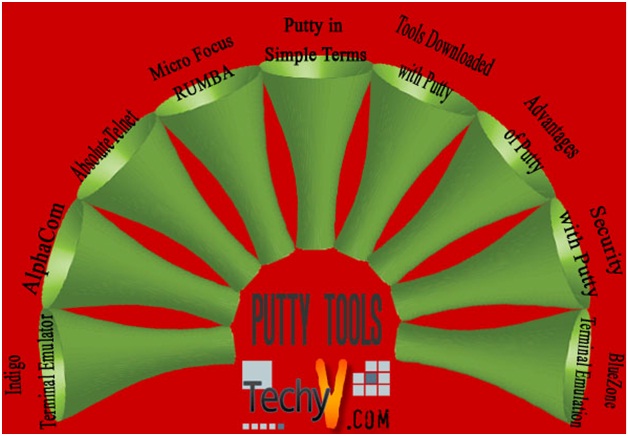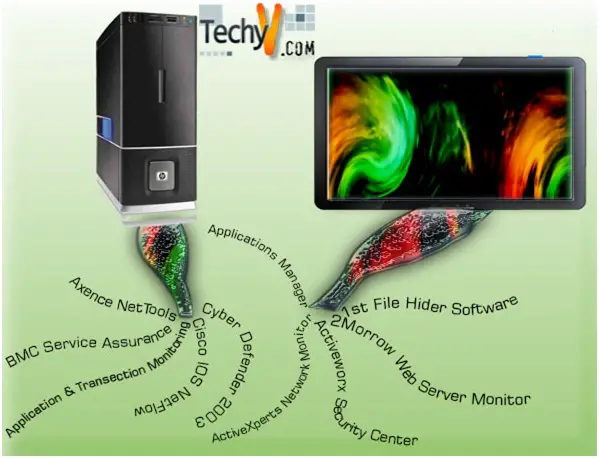CRM, customer relationship management is a tool which is to be used forever to maintain and build client relationship and help an organization to think towards the resource planning from their database management. It is an approach to managing the touch and record any interaction made with the client from the company, which could be their future prospect and turned out to be a customer.
CRM is used to analyse data client history and experience with company’s and help improve business relationship with them which ultimately drives the sales or in short we can conclude it as a record book of customer so that we can identify and pick the best which on further interaction turns out to be a future prospect of company. Some important features of CRM are that it is a system which compiles all the data of a particular client with a range of different communication channels likes touch with company’s website, email, phone, social media, chats or any other market material. CRM provides the service provider a best opportunity to identify the need of the customer and serve suitable service accordingly.

The idea of CRM has begun in the early 70’s where big MNC’s wherein a move to take some data from customers so that they could evaluate the satisfactory level of their services which at that time used to be done through upfront asking from customers only. The CRM is use for both tangible and the intangible product. The future of CRM is expected to be handier and easy to access as it is to be load with some extra features for work management. Today CRM is used in many sales domain industries, offices and back and front end support functions where the sales, service, support, and quality are to be maintained and run the whole system by integrating the same.
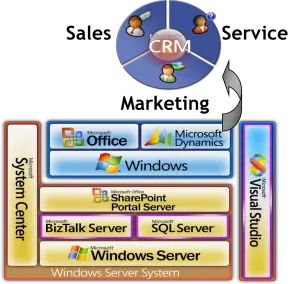
The primary work of CRM is to summarize and integrates the data to automate the sales along with marketing and customer support. Therefore, CRM consists of a dashboard where overall performance view of these parameters is seen in a single page with all the relevant data of client which a company have whether it be a past sales, previous efforts on marketing or any other relationship matters between the firm and the customer like any previous complaint made about the services or even valuable feedbacks all these features are available on a single page for user to analyse the present scenario and prepare its strategies towards the particular customer while pitching him about the service or product. The dashboard has an additional feature of auto update which integrate into the database which helps the user to stay updated.
Types of CRM’S:-
- Operational CRM
The operational CRM consists of three main components-
Automation of sales force: It works for all the stages in a sales cycle from the data input to filtering it a prospect till its final conversion into a client.
Automation of service :This part uses its high-end technology to serve the client better by the means multiple channel backend supports like phone, email, FAQs, knowledge kit, etc.
Automation of marketing management: Its important focus is towards the marketing of the particular product with some effects and efficiency which is to be place into the cart of a client by sales automation process system.
- Analytical
The analytical CRM is used to analyze the client data collected from different sources and present to a relationship manager to take some necessary improved & informative decisions. This CRM is use for data mining, past relations and nature/type of the data. So, by this kind of analysis you can find minor mistakes while resolving issue and improve customer services, it also helps you to understand the actual need, and one’s buying or purchasing behavior.
- Collaborative
Collaborative CRM is one of the important systems which gathers other information’s other than the above like the details of suppliers, vendors, and distributors who are directly or indirectly in touch with the client which could help us in finding the right direction to marketing the product for the next time to that particular client in future.
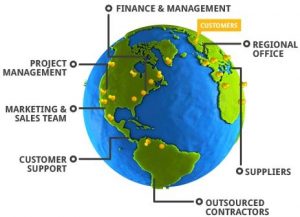
Effect on customer satisfaction: –
Client satisfaction plays a vital role for any organization to grow or even as per the economic conditions as it is directly linked to the rise of customer loyalty and avoids numbers of complaints. The CRM has put an adverse effect on increasing customer satisfactory level by its practical approaches which in turn has returned more sales figures and growth in a better efficient manner. Also, it should have a CSAT (customer satisfactory level) score to measure it on records.
CRM benefit for service provider towards customers: –
- The CRM enhances the ability to target more profitable client.
- Integrate the resources into useful data.
- Enhances the skills of the workforce in sales, marketing & service delivery.
- Improves the efficiency and effectiveness.
- Pricing for any particular product gets better.




